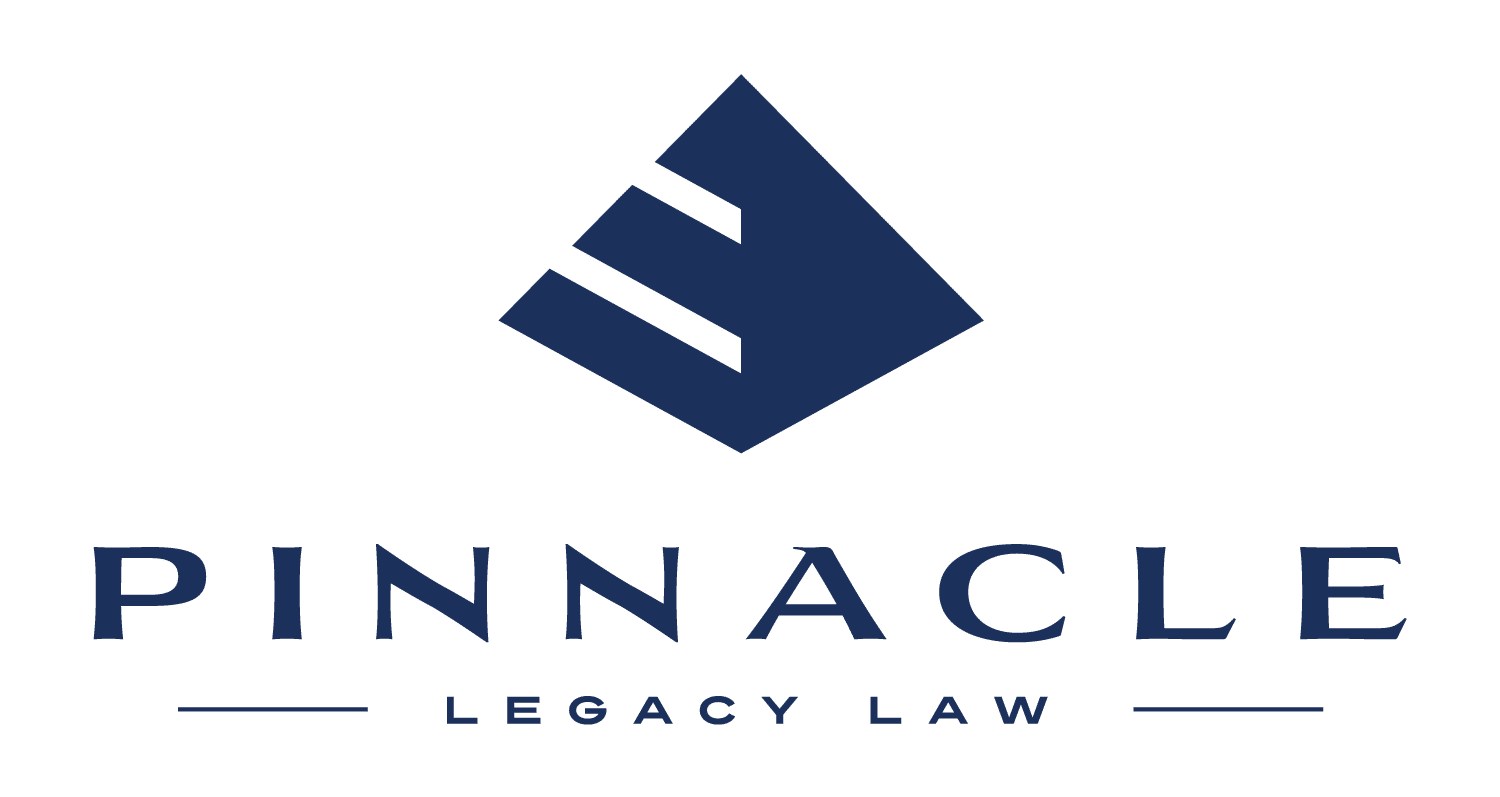Why You Need a Lawyer
When contemplating the question, “What should be in my will?” it’s essential to understand the lawyers’ role in this process. Their expertise ensures proper execution and legal compliance of your will, making their involvement vital in drafting.
Ensuring Proper Execution
A lawyer ensures your will is properly executed, meaning it is signed and witnessed correctly. This is crucial to avoid any potential legal complications down the line.
Legal Compliance
A professional lawyer is well-versed in the legalities surrounding wills. They ensure that your will meets all legal requirements, reducing the risk of being contested or invalidated in court.
Key Elements in a Will
Designating Asset Management
Your will should designate a trustworthy individual to manage the disposition of your assets upon your demise. This person, the executor, plays a pivotal role in executing your will.
Determining Property Distribution
Another critical element of a will is determining who receives your property after you pass away. The will should clearly outline the distribution of your assets to your chosen beneficiaries.
Protecting Assets
Your lawyer can guide you on how to protect your assets. This could involve leaving them outright or implementing certain protections.
Naming a Guardian for Children
For those with minor children, your will is the place to designate a guardian if you cannot fulfill this role.
Benefits of Hiring a Lawyer
Expert Knowledge and Guidance
Lawyers provide expert knowledge and guidance, which are invaluable in ensuring your will complies with all legal requirements.
Access to Planning Options
Consulting with a lawyer gives you access to a range of planning options you might otherwise miss, including powerful tools beneficial to estate planning.
Avoiding Legal Issues
By ensuring your will is executed correctly, a lawyer helps you avoid potential legal issues in the future.
Maximizing Estate Value
A lawyer can help maximize the value of your estate by providing an in-depth understanding of the law and planning options.
What Should Be in Your Will?
Choosing an Executor
Your will should name an executor responsible for managing your assets’ distribution after you pass away.
Identifying Beneficiaries
Identify the beneficiaries who will receive your property upon your demise.
Outlining Asset Distribution
Your will should outline the distribution of your assets to your beneficiaries.
Providing for Minor Children
If you have minor children, your will should provide for their care and name a guardian.
Conclusion
Drafting a will is a complex process that requires careful consideration and expertise. By hiring a lawyer, you can ensure your will is executed correctly and legally compliant while also gaining access to valuable planning options.
